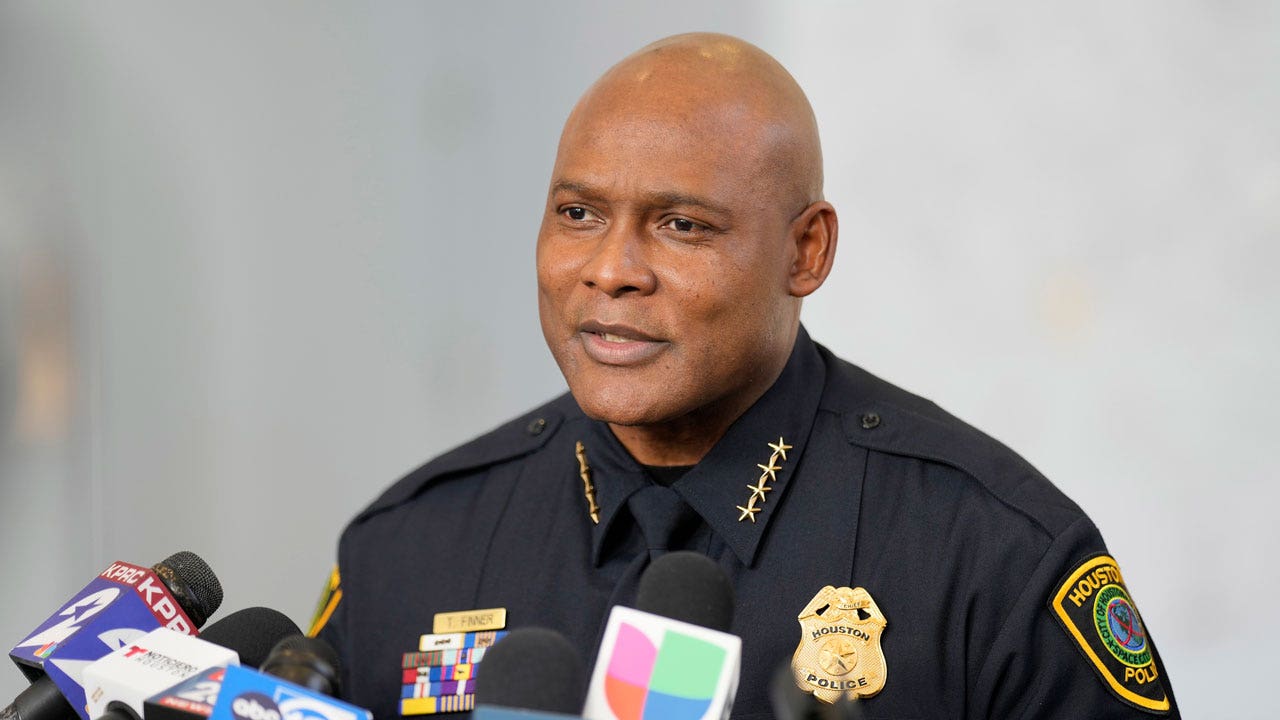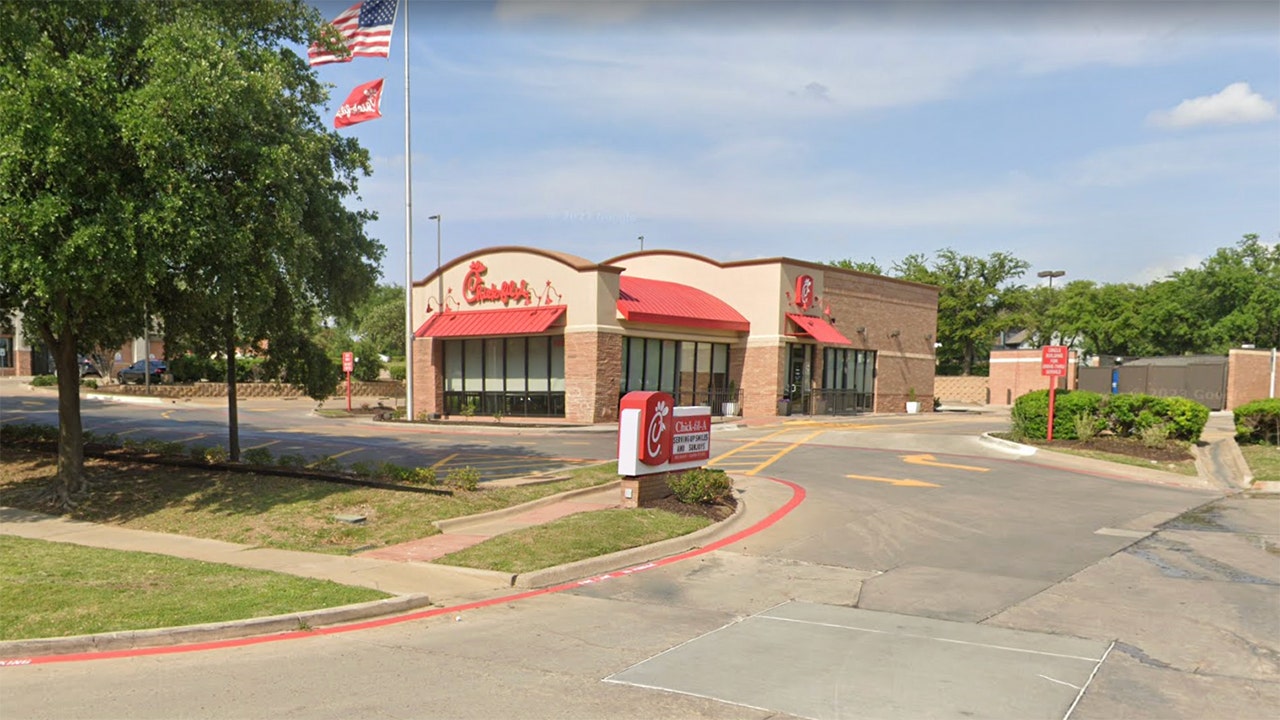Like “Lost” and its various imitators, “True Detective” is a “puzzle box” show, with a sprawling mythology for fans to obsess over, scrutinizing every frame for clues and secrets. As with “Lost,” “Game of Thrones” and many others, its mythological reach exceeded its grasp, with loose ends sprawling, red herrings everywhere and an ending that disappointed true believers by leaving crucial mysteries unsolved. And like many prestige-era shows, not just supernatural puzzle-boxers but also more realistic dramas like “The Sopranos” (with its near-death experiences and visions of the Virgin Mary), it has a strong post-secular vibe, playing around with magic and religion, hanging out in a liminal space between Christianity and paganism, but leaving its true metaphysical perspective somewhat unresolved.
Also, like almost all prestige television, it has some unnecessary nudity.
This condensation of an entire era’s worth of themes and tendencies helps explain the first season’s cultural staying power, and also the disappointment, in varying forms, that’s greeted the different attempts to recapture the magic in the subsequent installments of the show — including the latest effort, “True Detective: Night Country,” whose finale just aired last weekend.
Freddie deBoer, in an enjoyable rant, argues that this recurring disappointment invests the original season with a quality that it does not actually possess. “Every season of ‘True Detective’ so far has been bad,” he argues, “most certainly including the first,” and just about everything that fans have found unsatisfying in the sequels was right there in the primary installment. He does a good job of exhuming the disappointed reactions to the first season’s finale — here’s my own — while puzzling over why, given that the ending was “widely considered a flop,” everyone has subsequently “imbued the season with so much nostalgia that it’s now frequently held up as a masterpiece.”
I don’t think Season 1 was a masterpiece, exactly; I agree with deBoer that it ended too disappointingly for that. But if you sit down and rewatch the first season side by side with the newest season, “Night Country,” you can see why the original has retained such an intense fan base.
Season 4 is seemingly designed to be a mirror image of the first one, with the frozen Arctic instead of the steamy bayou, female cops instead of male detectives, Jodie Foster supplying the movie-star gravitas (and a Clarice Starling callback) instead of McConaughey and Harrelson, an Inuit goddess haunting the proceedings instead of some Lovecraftian cosmic horror. But it just doesn’t bring what the first one brought: The lead actors don’t have the chemistry that the leads in the original enjoyed, there’s nothing in the structure to match the effective flashback framing used in Season 1, the cinematography doesn’t match Fukunaga’s work, there are no set pieces that match the first season’s famous use of a six-minute tracking shot in a police raid, and there’s nothing in the dialogue as arresting as the baroque nihilistic monologuing of McConaughey’s Rust Cohle (some of which, it should be noted, Pizzolatto seems to have borrowed from the show’s other father, the anti-humanist horror novelist Thomas Ligotti).






